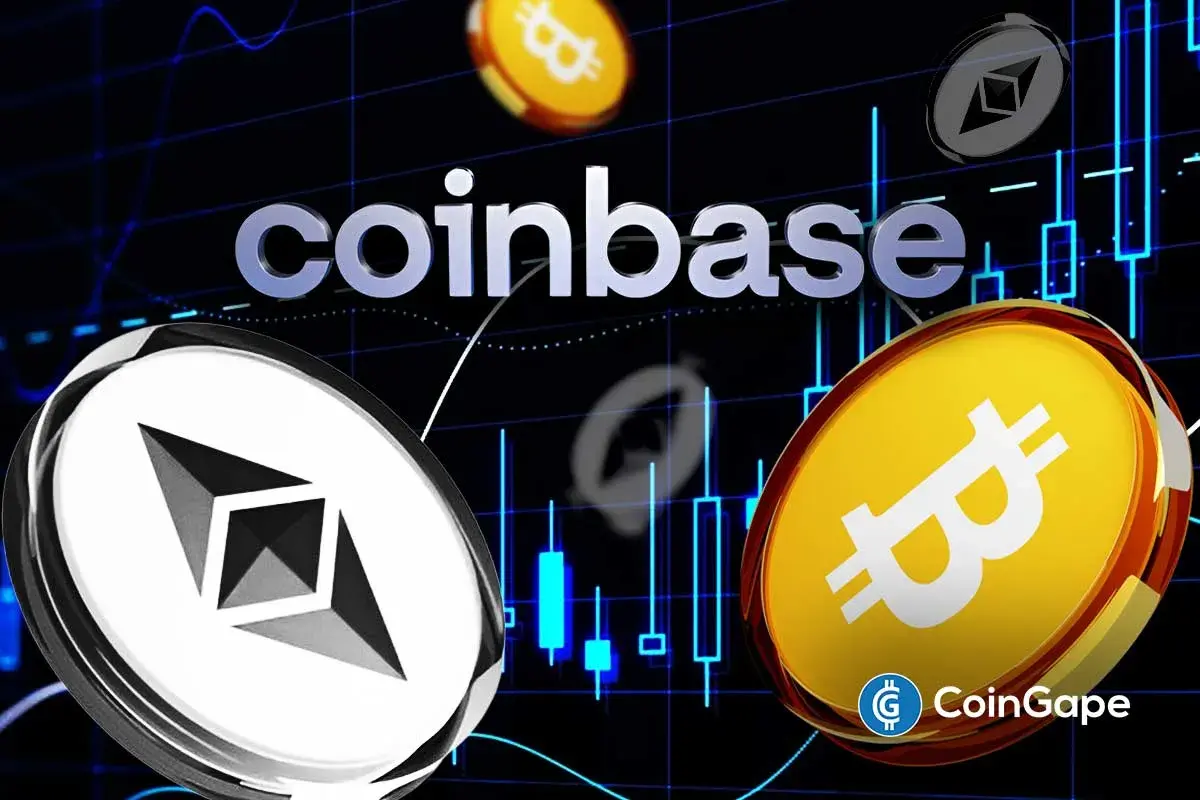Ethereum Developer Tim Beiko Responds To “Reasonable Criticism”

Highlights
- Ethereum lead developer Tim Beiko responds to core criticisms of the protocol
- Community engagement is one of the key issues he addressed
- Ethereum Foundation is currently under intense regulatory and community scrutiny
Ethereum is still under fire, not just from regulators but also from the developers within its community. In response to the criticisms that were outlined on X by community member Paul Dylan-Ennis, Ethereum Foundation’s Tim Beiko has given a response worth highlighting
Addressing Ethereum Stakeholder Engagement
Dylan-Ennis took to X to highlight the magnitude of control that Ethereum developers have been wielding in recent times.
He started by stating what seems to have become a generally accepted sentiment towards Ethereum Foundation-associated developers. Dylan-Ennis stated that there is currently a notion that these developers and researchers appear to have an outsized power that prevents them from engaging the wider group of stakeholders including users, validators/stakers, and a host of others.
In response, Tim Beiko noted that it was not appropriate to describe the current situation as “not engaging a wide set of stakeholders.” He suggested that there is an appropriate level of engagement with the community, citing that he has heard some people talking about the “issuance proposal.”
Moving on, Dylan-Ennis highlighted that unlike what is currently obtainable, ten people are not sufficient to implement Ethereum Improvement Proposals (EIPs). He mentioned this, citing how the Ethereum ecosystem does not encourage community engagement.
A few thoughts on these mostly reasonable criticisms 🧵
First, I think it's hard to frame the current situation as "not engaging a wide set of stakeholders". Everywhere I look, people are talking about the issuance proposal, that's (at least some form of!) engagement😅 https://t.co/NVLnNjEwQI
— timbeiko.eth ☀️ (@TimBeiko) April 2, 2024
While Beiko agreed with him on this point, the ETH frontline developer also clarified that it is almost impossible to get inputs from all stakeholders in the ecosystem. To tackle these aforementioned challenges, Dylan-Ennis suggests that an annual Ethereum Assembly be adopted by the ecosystem. Having such a gathering may give every stakeholder a conducive platform to air their concerns and submit their feedback or contribution to the network.
“it might be interesting to explore opening up the governance process to feedback from the broader stakeholders through some kind of feedback mechanism,” Dylan-Ennis added.
Push For Enhanced Functionalities
These reasonable criticisms are geared towards improving the Ethereum ecosystem.
Given this interest, Ethereum-based Layer-2 (L2) protocol COTI announced the launch of its V2 whitepaper, focused on boosting confidentiality on the Ethereum network. Similarly, the network co-founder Vitalik Buterin recently revealed plans to move forward with The Purge in a bid to simplify the Ethereum protocol, enhance security, and improve operational efficiency amongst other functions.
According to how it was outlined in a publication, The Purge plan is to untangle the convoluted web of Ethereum’s operations while concurrently boosting its operational efficiency. The Ethereum developers are engaged in proactive conversations to keep the ecosystem optimized, despite fears of ETH labeling as a security by the United States Securities and Exchange Commission (SEC).
- Breaking: U.S. CPI Inflation Falls To 4-Year Low Of 2.4%, Bitcoin Rises
- Bitget Launches Gracy AI For Market Insights Amid Crypto Platforms Push For AI Integration
- BlackRock Signals $257M Bitcoin and Ethereum Sell-Off Ahead of Partial U.S. Government Shutdown
- XRP News: Jane Street Emerges Among Key Institutions Driving XRP ETF Inflows
- Bhutan Gov. Dumps More Bitcoin Amid $410M Institutional Sell-Off in BTC ETFs
- Bitcoin Price Outlook As Gold And Silver Lose $3.6 Trillion in Market Value
- XRP and Ethereum Price Prediction as Trump Seeks to Lower Key Tariffs
- Solana Price Prediction as $2.6 Trillion Citi Expands Tokenized Products to SOL
- Bitcoin Price Could Fall to $50,000, Standard Chartered Says — Is a Crash Coming?
- Cardano Price Prediction Ahead of Midnight Mainnet Launch
- Pi Network Price Prediction as Mainnet Upgrade Deadline Nears on Feb 15


















